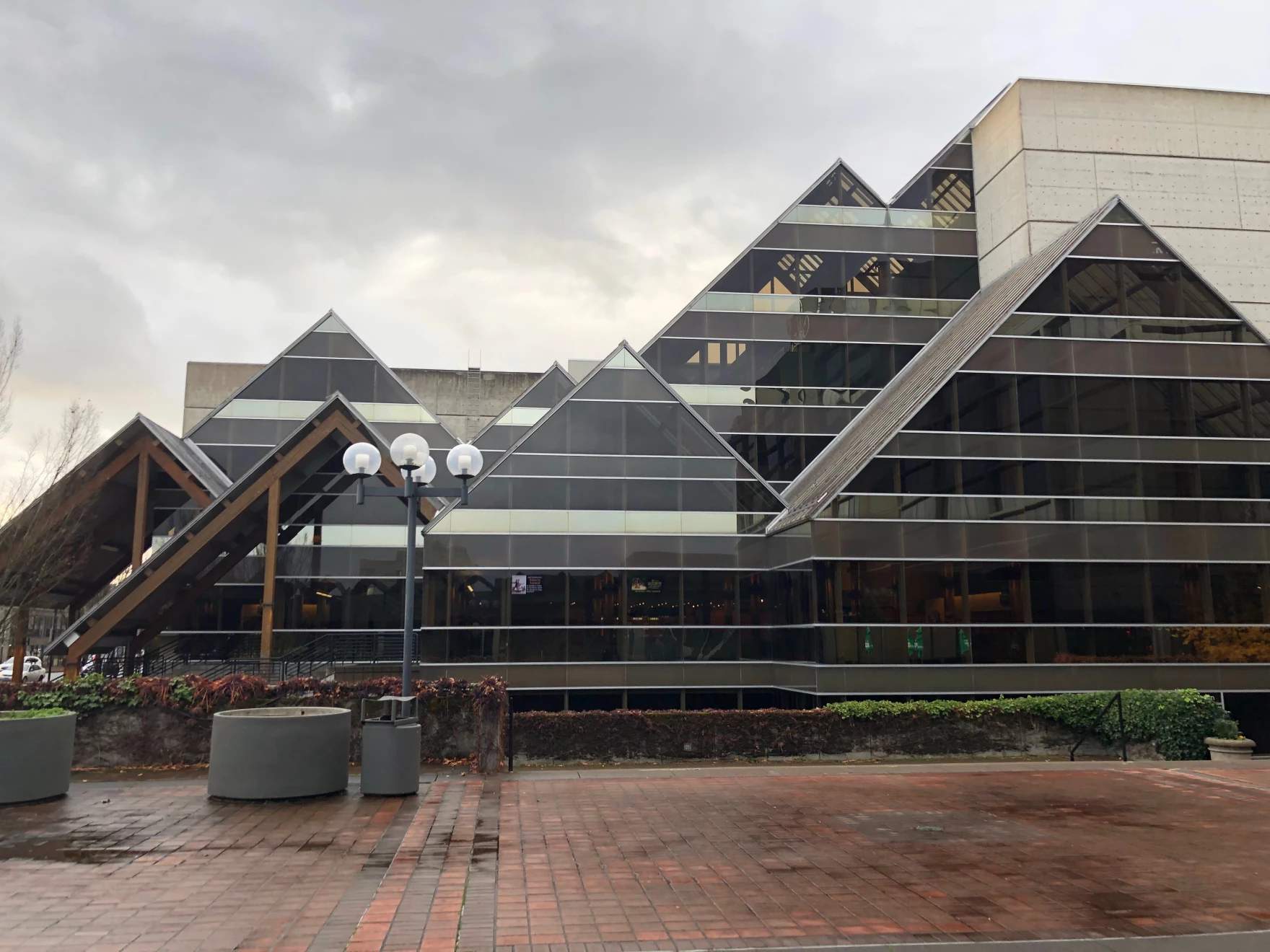By CHRIS LEHMAN/Oregon Public Broadcasting
Performing arts organizations in Oregon say they’re still struggling to recover from the economic blow of COVID-19. They’re asking the Legislature for another round of funding to help them get back on their feet.
Venues that rely on live audiences were among the hardest hit by the pandemic. In 2020, Oregon lawmakers crafted a $50 million relief package. Now, many of the organizations that received money say they need a booster shot, so to speak, of recovery funds.
David Schmitz, executive director of the Oregon Shakespeare Festival, told the Oregon House’s Interim Committee on Economic Development that many arts groups, including his own, are at risk of shutting down.
“We face a fiscal cliff like none we have experienced in our rich, 88-year history,” he said. “Oregon will be far less vital, far less empathetic, and far less spiritually vibrant because the cultural organizations you know and love will close.”
Schmitz said attendance this year at the Ashland venue was less than half of what it was pre-COVID.
“That is not sustainable,” he said. “Especially when you consider the rising costs of materials (that) we need to make our plays, the escalating cost of wages and employee benefits, the security challenges for our staff, and the challenges of finding housing in our community because of the Almeda Fire.”

“They’re all still struggling because the audiences have not returned,” he said.
But at least one member of the committee was skeptical that more funding would ultimately help.
“I don’t want to sound like I don’t value the arts. I think the value is undeniable,” said Rep. Jami Cate, R-Lebanon. “But I do want to be realistic.”
Cate suggested arts organizations may simply have to adjust to a new normal brought on by the pandemic.
“How much do we continue to invest in an industry, hoping that they get back to those pre-pandemic numbers?” she asked.
Supporters of the funding proposal said they just need a little more time, pointing to venues in other states that have recovered after being closed for shorter periods of time during the pandemic.
“We are working to bridge from pre-pandemic to the future,” said Isaac Marquez, the cultural services director for the City of Eugene, which operates several arts venues including the Hult Center. “But as you know, recovery is not straight-forward.”
The funding request will go before lawmakers during the 2023 legislative session. While lawmakers convene their work in January, most fiscal decisions are finalized during the closing weeks of the session. That means it could be until June before the arts groups learn if they’ll receive another round of state funding.
While lawmakers used federal money for the previous round of legislatively-approved arts funding, Nosse said that source is no longer available. That means the new round of funding would likely come from either general fund tax dollars, or from lottery revenues.



